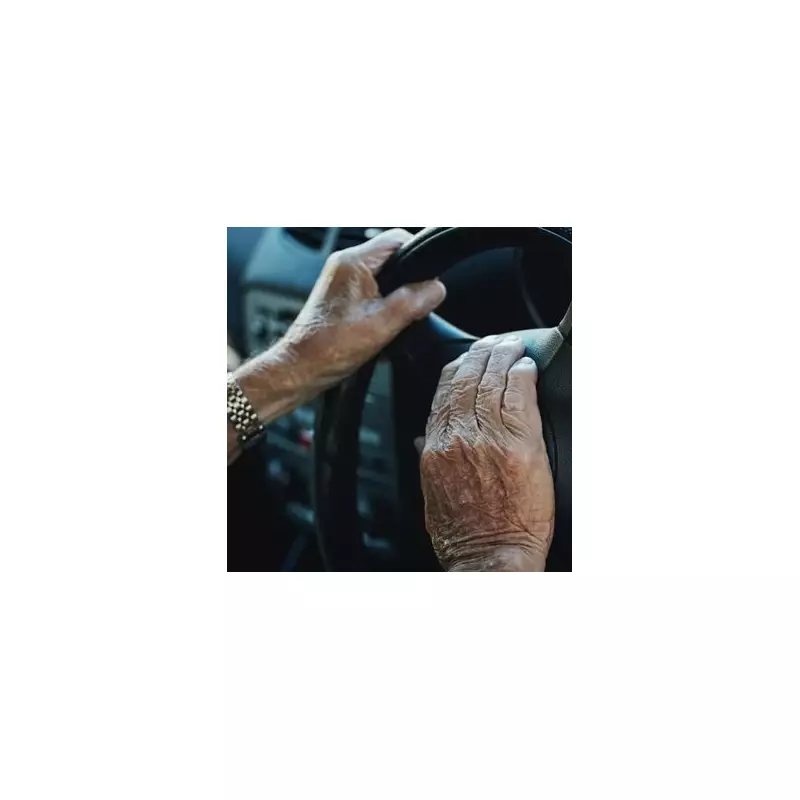
The Driver and Vehicle Licensing Agency (DVLA) has issued an urgent warning to millions of motorists across the United Kingdom as thousands risk substantial fines for driving with expired photocard licences.
The Hidden Expiry Trap
Many drivers remain unaware that their photocard driving licences automatically expire after 10 years, requiring regular renewal. This isn't just about updating your photograph - it's a legal requirement that carries serious consequences if ignored.
Who's Most at Risk?
The warning particularly affects drivers born between specific months, though every motorist should check their licence immediately. The expiry system operates on a rolling basis throughout the year, meaning your renewal date is directly linked to your birth date.
Staggering Penalties Await the Unwary
Driving with an expired licence could land you with:
- £1,000 maximum fine for failure to renew
- Invalidated car insurance policies
- Potential prosecution for driving without valid documentation
- Vehicle seizure in serious cases
How to Check and Renew
Locating your expiry date is straightforward - it's clearly marked in section 4b on the front of your photocard licence. The renewal process can be completed:
- Online via the official GOV.UK website (£14 fee)
- By post using application form D798
- At selected Post Office branches
Why This Catch So Many Drivers Out
Unlike the old paper licences that lasted until you turned 70, photocard licences have this decade-long renewal requirement that often catches motorists by surprise. Many assume their licence is valid for life or until they reach retirement age.
Don't Wait for the Reminder
While the DVLA typically sends reminder letters before expiry, these can easily be missed if you've moved house or they get lost in the post. Taking proactive responsibility for checking your licence status is crucial to avoid potentially costly mistakes.
The message from road safety experts is clear: make checking your driving licence expiry date a priority this week. A few minutes of your time could save you £1,000 and prevent significant legal headaches.





